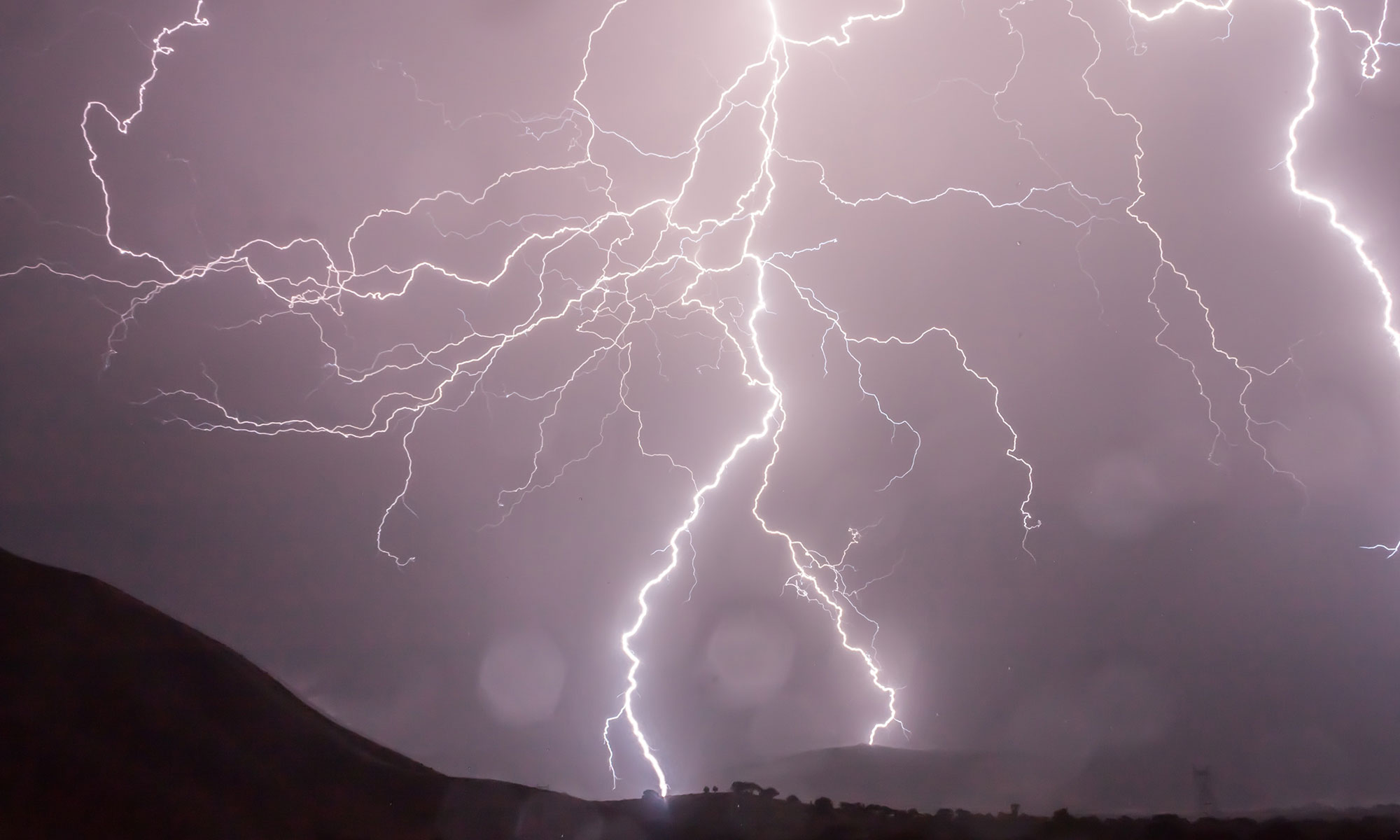The statewide average rainfall of 5.6 inches in May, combined with the 2.8 inches in March and 7.3 inches in April, resulted in a total rainfall for this spring at 15.7 inches. That makes it the seventh wettest spring on record since 1895 and 4.3 inches above average.
The heaviest spring rains fell in southern Illinois. Cairo reported the highest total rainfall with 30.90 inches, followed by Brookport Dam with 29.19 inches, Du Quoin with 28.95 inches, and Carbondale with 27.59 inches. These numbers are slightly more than double the average spring rainfall totals.
[update June 7] I just found a CoCoRaHS observer near Anna (IL-UN-3) who reported 37.5 inches of rain during those three months. To put that in perspective, the average ANNUAL precipitation for the Anna area is 48 inches.
The statewide average temperature for this spring was 52.0 degrees, which is right on the 1971-2000 average of 52.0 degrees.
Note about “spring”: in climatology, we define spring as March – May. This definition lines up better with our ideas of spring weather than the astronomical definition of March 20 (equinox) to June 21 (solstice). In much of Illinois, spring weather starts to arrive before March 20 and summer weather starts to arrive before June 21.


Record Low Pressure on Great Lakes Storm
According to the National Weather Service
New record set today for the lowest pressure in a non-tropical storm in the mainland U.S. The massive storm system barreling across the central U.S. had a minimum central pressure of 28.24″ or 956 mb (equivalent to the minimum pressure of a Category 3 hurricane). This breaks the old record of 28.28″ (958 mb), set on Jan. 26, 1978, during the Blizzard of 1978 (aka the Cleveland Superbomb). This is also lower than the March 1993 Superstorm (aka “The Storm of the Century”), or the “Witch of November” storm that sank the Edmund Fitzgerald in 1975, or even the Columbus Day Storm of Oct. 1962.
Historical Record High Temperatures
With the recent warm weather, have you wondered what the record high temperatures are for Chicago and elsewhere? In the last few years, a group composed of NWS, Regional Climate Centers, and State Climatologists stitched together the weather records for 270 major metropolitan areas. The results of this project can be found at http://threadex.rcc-acis.org/
The sites in Illinois include Chicago, Moline, Peoria, Rockford, and Springfield. Amongst other things, the program reports the daily record high and low temperature and precipitation.
Here I selected the record highs for Chicago and pulled out the results for September. The program gives you the top three candidates and their dates.
Threaded Climate Extremes for Chicago Area, IL Period of record: 1872 - 2009 Date Highest Maximum Temperatures (degrees F) Top Record 2nd Record 3rd Record 9/1 101 in 1953 96 in 1984 95 in 1960+ 9/2 101 in 1953 98 in 1922 97 in 1913 9/3 97 in 1953 95 in 1960 95 in 1947 9/4 95 in 1983 95 in 1960 95 in 1954 9/5 98 in 1899 97 in 1954 95 in 1983+ 9/6 97 in 1960 97 in 1954 96 in 1990+ 9/7 100 in 1960 100 in 1939 99 in 1985 9/8 96 in 1960 96 in 1959 96 in 1933+ 9/9 95 in 1983 95 in 1959 95 in 1955 9/10 95 in 1983 94 in 1964 94 in 1931+ 9/11 95 in 1952 92 in 1908 92 in 1895 9/12 96 in 1952 94 in 1939 93 in 1962 9/13 98 in 1939 95 in 1927 94 in 2005+ 9/14 99 in 1939 95 in 1927 95 in 1893 9/15 99 in 1939 94 in 1927 92 in 1955 9/16 92 in 1955 92 in 1931 89 in 1948+ 9/17 93 in 1955 90 in 1988 90 in 1891 9/18 94 in 1955 92 in 1953 90 in 1963+ 9/19 93 in 1955 92 in 1963 92 in 1948 9/20 91 in 1931 91 in 1895 90 in 1980+ 9/21 92 in 1970 90 in 1931 90 in 1924+ 9/22 92 in 1956 90 in 1986 90 in 1959+ 9/23 91 in 1937 88 in 1892 87 in 1945+ 9/24 91 in 1891 90 in 2007 90 in 1920 9/25 90 in 1933 89 in 1920 89 in 1900 9/26 90 in 1998 87 in 1973 86 in 1999+ 9/27 91 in 1971 89 in 1987 89 in 1954 9/28 92 in 1953 90 in 1952 89 in 1971 9/29 99 in 1953 87 in 1921 87 in 1898 9/30 92 in 1971 88 in 1943 87 in 1952 + indicates same value also occurred in a previous year.
2nd Wettest June on Record
Illinois has experienced the 2nd wettest June on record, based on preliminary records through June 30. The statewide average rainfall was 7.8 inches, 3.7 inches above normal. The wettest June on record was 1902 with 8.37 inches. The rains over the weekend, especially north of I-80 and along I-70 caused this June to move up from fourth to second wettest June on record. Statewide records extend back to 1895. This number is provisional and may change slightly as more data comes in.
The larger rainfall totals occurred in the northern two-thirds of the state where amounts of 7 to 12 inches were common. Meanwhile far southern Illinois remains closer to normal with amounts ranging from 3 to 6 inches.

